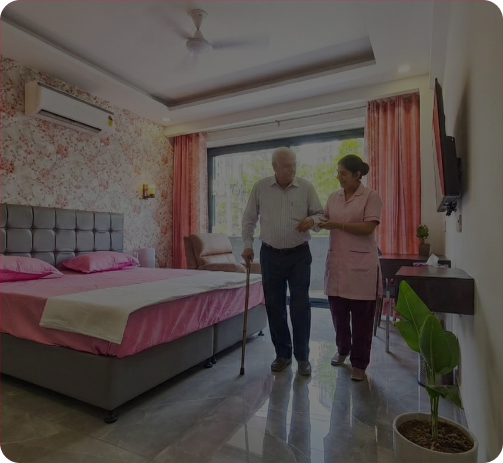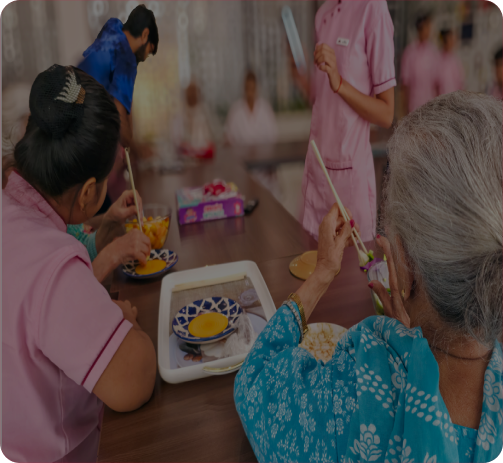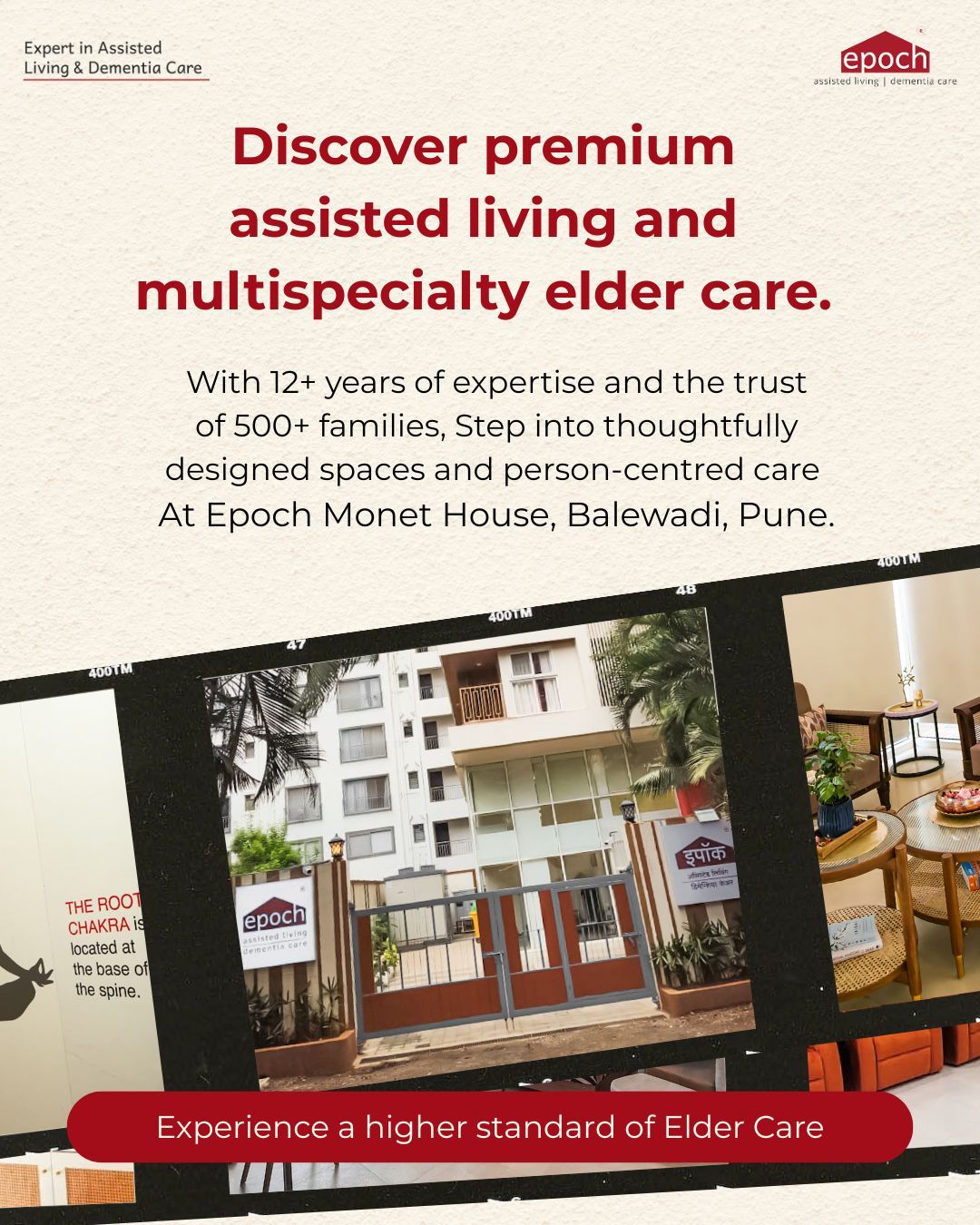When the time comes to think about assisted living homes, it feels like a crossroads. The decision is practical but deeply emotional, coming from love, responsibility, and a desire to do what is best. As much as one may grapple with doubt and guilt, this choice is an opportunity to reimagine what care looks like: to provide your loved one with what they need most.
The Weight of Guilt
For many caregivers, contemplating placing a loved one in an assisted living facility brings feelings of inadequacy or a stark fear of judgment. Often questions such as "Am I abandoning them?" or "Could I have done more?" just would not let these thoughts go. Such feelings are natural; they stem from love and a notion of responsibility. However, the burden of guilt can blur the essence of caregiving: doing your utmost towards ensuring that the loved one in care receives all the necessary care that is in their best interests.
Shifting the Narrative
It’s crucial to recognize that professional elder care is not about giving up but stepping up. Assisted living homes are designed to provide holistic care tailored to the unique needs of each resident. From 24/7 medical assistance to engaging activities that foster mental and emotional well-being, these homes are often better equipped than an individual family home, especially for complex health issues.
Conditions, such as dementia or other complex health issues, demand proper clinical care that can be challenging to provide at home. These situations require specialized expertise, and it’s important to remind yourself that it’s okay if you can’t meet these demands alone. Choosing assisted living in such cases shows your commitment, not your failure.
Embracing Gratitude
Instead of focusing on what’s being “left behind,” consider what your loved one is gaining: a safe environment, compassionate caregivers, and a community of peers. Witnessing their renewed social connections, improved health, or even small joys like participating in a favorite activity can transform guilt into gratitude.
Gratitude also extends to yourself as a caregiver. By choosing professional support, you’re ensuring your loved one receives comprehensive care, while also allowing yourself the space to maintain your own well-being. This balance is essential for sustaining the long-term love and support they deserve.
Real Stories of Transformation at Epoch
Families who have chosen Epoch Elder Care often share stories of relief and positive change. One daughter recalled how her mother, initially reluctant, began thriving at Epoch. “She’s made friends, started painting again, and seems genuinely happy,” she said. “I used to feel guilty, but now I’m just grateful she has this opportunity.”
Reframing the Decision
When considering professional elder care, it helps to shift the focus from fear of change to the possibilities it can bring. Start by learning more about the facilities—their services, the environment, and stories from families who have made similar decisions. Knowledge can be reassuring. Involve your loved one in the process by visiting potential homes together, creating a shared understanding, and helping them feel included. Remember, this decision isn’t about replacing your love; it’s about ensuring their comfort and well-being. Connecting with others who’ve navigated this journey can also offer valuable insights and a sense of comfort, reminding you that you’re not alone in this transition.
A New Chapter of Care
Professional elder care is not a replacement for family love; it is an extension of it. By choosing an assisted living home, you’re ensuring your loved one receives the attention and resources they need to thrive. This decision doesn’t mean you’re stepping away but rather walking alongside them into a new chapter, one where their comfort, safety, and happiness are the priority.
As you navigate this journey, allow gratitude to guide you. Gratitude for the memories you’ve shared, for the resources available to support your loved one, and for the peace of knowing you’ve chosen a path that prioritizes their well-being. From guilt to gratitude, this transformation not only honors your loved one but also strengthens the bond you share.













